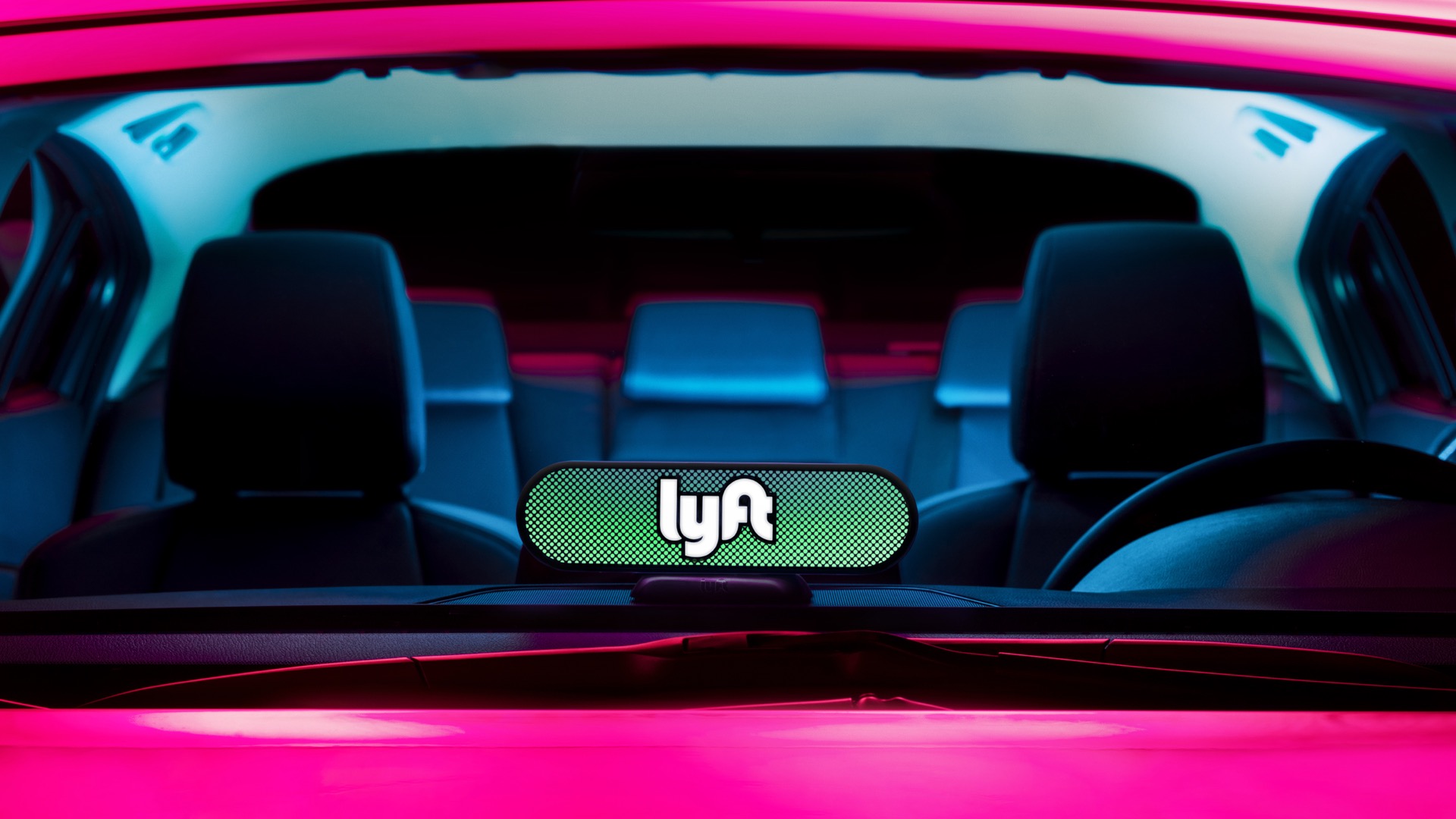

Lyft saw massive growth in 2017, according to an Economic Impact Report released by the company. The numbers showed Lyft growing from a distant second in the U.S. ride-sharing market to a more credible threat to Uber.
In 2017, Lyft said it gave 375.5 million rides. That’s an increase of 130 percent over the previous year. The number of Lyft passengers grew 92 percent from 2016, to 23 million, and the number of Lyft drivers doubled to 1.4 million.
Lyft was able to grow steadily last year while Uber dealt with numerous scandals, helping to close the gap between the two companies. Granted, Lyft still has a long way to go, it has received $4.1 billion in venture funding and is valued at $11.5 billion, while Uber has received $12.9 billion and is valued at $68 billion, according to CNET.
Of the two companies, Uber is still the only one that operates internationally on a large scale. While it added many new cities last year, the only place outside the U.S. that Lyft currently operates is in Toronto. Uber faces significant pressure from both regulators and competitors in its international markets, but the company is still holding onto them, for now.
Uber also retains the lead in self-driving cars, which are a priority for both companies. But Lyft made impressive strides in 2017. It launched an in-house self-driving car development program, as well as numerous partnerships with the likes of Waymo and Ford. However, Lyft autonomous-car tests have been limited to small-scale pilot programs with NuTonomy in Boston, and Aptiv in Las Vegas, during CES.
In its report, Lyft said customers have generally favorable attitudes toward self-driving cars, with 83 percent of customers surveyed saying they’d be open to riding in an autonomous car. That comes shortly after a poll released by Advocates for Highway and Auto Safety, which showed a less positive attitude among consumers. Of those surveyed, 64 percent said they were concerned about driverless cars, and 56 percent said they would not get in an autonomous car.
Lyft also said about 250,000 customers ditched their personal cars last year in favor of its service. In addition, 50 percent of customers surveyed reported using their own car less because of Lyft. But while this may be more convenient for commuters, a recent study found that ride-sharing services such as Lyft don’t necessarily reduce traffic. What’s good for Lyft’s bottom line may not be good for urban infrastructure.